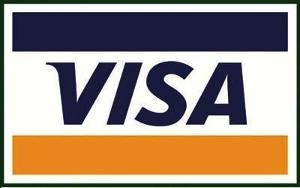2 mins read
Visa Shelves Mobile Payment Venture In India

December 31, 2024
Copyright 2023, IT Voice Media Pvt. Ltd.
All Rights Reserved

 has junked its mobile payment venture in India after leading telecom companies refused to share their network.
has junked its mobile payment venture in India after leading telecom companies refused to share their network.